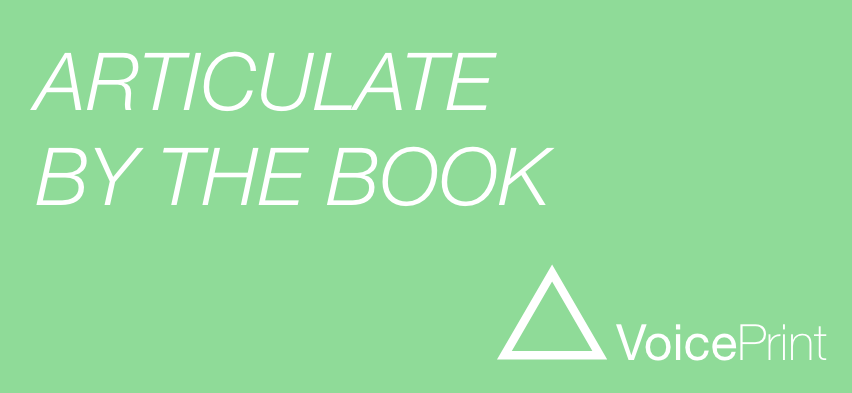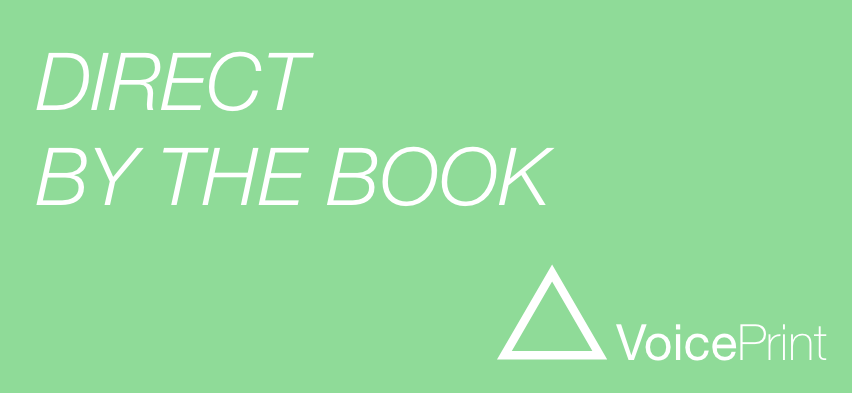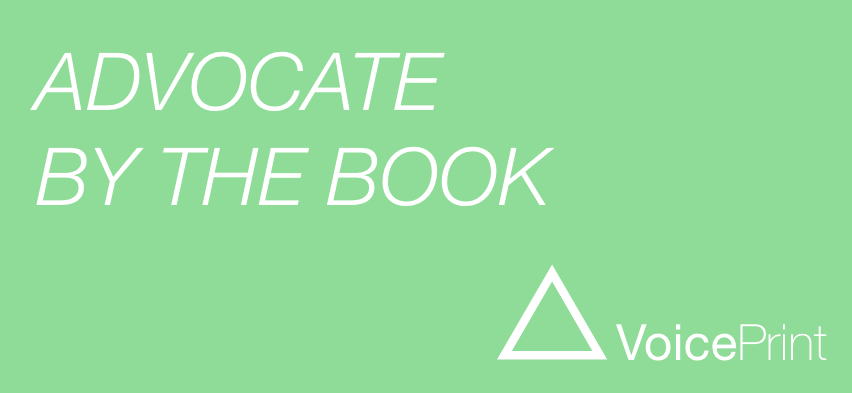With terrorism a matter of acute public concern, the latest in our Voices at Work series focuses on one of the roles in the front line of keeping us safe.
Voices at Work – The Investigative Interviewer
Neil Brewster is an investigative interviewer. If you wanted to be more sensational about it, you’d call him a professional interrogator. He is a former military intelligence operator who now runs a consultancy service for clients who place a premium on the honesty and integrity of the information provided by people. Neil carries out investigative interviews for his clients and also provides them with training and coaching in how to do it themselves. He is an expert in his field, having conducted investigative interviews in a wide range of contexts from counter-terrorism to human resource management, from the high stakes to the everyday, from interviewing terrorist suspects and incident debriefing to security vetting and assessing candidates for job selection.
In practice, the skills required by the interviewer remain essentially the same across these different domains. What varies is the scale of the consequences, if the interview is poorly done, and consequently the level of pressure on the interviewer to do the job well. This article focuses on the investigative interviewer’s work in high stakes contexts.
The popular image of the interrogator, perpetuated by Hollywood and TV crime dramas, portrays the interrogator as forceful, intrusive and over-bearing, heaping pressure on suspects to make them crack. It’s a crude stereotype.
In reality, an effective investigative interviewer has three key objectives:-
- to establish rapport
- to obtain good quality, reliable information
- to (help others to) figure out what that information signifies and means.
None of these objectives can be achieved without some degree of co-operation from the interviewee. So, as Neil points out, ‘We use the term Subject rather than Suspect. Suspect carries pejorative connotations that can bias you as an interviewer and undermine the whole process.’ In the first instance questioning needs to be studiously neutral, not just for the sake of truth and objectivity but to engage the interviewee, to treat them with respect and to elicit the greatest possible co-operation with the process.
In the interview room the exploring voices are understandably central. Neil Inquires, Probes and Diagnoses. He puts questions to the Subject, who provides responses. He digs deeper into and behind those responses. He pieces them together into an analysis of what they might signify. It’s a painstaking, iterative exploratory process. And this is just part of what is needed to obtain the breadth and depth of data without which any critique, evaluation or conclusion is mere supposition.
But there’s more to it than different forms of questioning, and the other voices that are involved in the process are perhaps the more unexpected and interesting features of Neil’s work. In his list of key objectives it is no accident that he places ‘establishing rapport’ as the top priority. ‘Although the aim of the interview is to obtain truthful and accurate information, it doesn’t follow that interviewing is simply about asking questions. It is more about removing whatever barriers exist to the exchange of that information.’
In this respect the ‘positioning’ voices have an important role to play. The Articulate voice helps to explain context and to describe the situation, to give the interviewee an understanding of what is happening and why. The Advise voice helps to guide and reassure them. ‘Take your time, please. What I’m looking for is the most accurate recollection you have of what actually happened.’ The Advocate voice helps the interviewer to speak as an individual, another human being rather than an impersonal functionary. ‘’I know when I’ve been on the receiving end of a lot of questions like this, it can be exhausting. I think we should take a break and come back to this later.’ Equally, as Neil explains, ‘Provocative statements can serve as an invitation to talk just as effectively as direct questions. And disclosure begets disclosure: by revealing information about yourself, by stating opinions and giving insight into your views and beliefs, you give the Subject the opportunity to respond in kind, or to feel safe enough to give an honest account of themselves.’
The ‘controlling’ voices are also required. Investigative interviewing usually takes place under time pressure, especially when the Subject may have potentially life-saving information, so it’s vital to keep the dialogue relevant. Using the Challenge voice to interrupt and re-focus is both appropriate and necessary. Also the Subject’s response to being challenged provides clues and insights into the level of rapport that has been established.
Of course the controlling voices carry a particular risk, when it comes to maintaining a relationship, especially a fragile one. ‘Challenging the version of events that a Subject has given is risky, because no-one likes to feel they’re being accused of lying.’ The Direct voice, calling people’s attention to their responsibilities, is also risky, because people don’t like to feel admonished or criticised. ‘But a lot depends on what you’re admonishing the Subject about…if it’s for not being forthcoming and how that might impact on the people or the cause that they care about, it plays on their values’ and may prompt them to open up further. Using the Directed voice can have a particularly powerful impact because it taps directly into views and beliefs about right and wrong.
‘Hostile’ interviewees are especially problematic, because they are likely to be resistant, uncooperative and misleading, complicating the process with unusual levels of ambiguity, uncertainty, camouflage and deception. A common tactic is to ‘minimise,’ only slowly and reluctantly admitting involvement and then presenting it as merely peripheral. But for the interviewer even partial admissions provide openings for further probing. It’s a dynamic process, with the interviewer needing to be able to be agile in shifting between positioning, exploring and controlling in the grey light of the emerging picture.
Within this varied armoury, Probing remains the primary tool in the investigative interviewer’s dialogue with the Subject. ‘Logically, the use of Probe will either reveal detail, or reveal deception, or reveal the areas that the Subject won’t talk about – which are all useful for the interviewer.’ Experienced interviewers are judicious in how and where they use this tool. They apply it with finesse rather than force. Alert to the danger that irrelevant probing is a waste of time and that clumsy or excessive probing provokes resistance rather than disclosure, they choose with care whether their focus is on events or relationships, on explanations or intentions, on what has already happened or on what is being planned.
And throughout the investigative process the interviewer is simultaneously engaged in a parallel, inner conversation. Part of this, of course, is focused on assimilating, connecting and assessing the Subject’s responses. But an equally important part of the inner conversation is concerned with monitoring, reflecting on and adjusting the voices that the interviewer is using. It’s especially important when the pressure in the situation might so easily disturb the interviewer’s composure and undermine their skill. ‘The controlling and positioning voices have the tendency to close you off, making you less open to new information or alternative views. When I notice these controlling voices in my internal dialogue, I change to a more open voice.’ Conversely, too much inquiry can also be unhelpful. ‘I came to recognise that under pressure my Inquiry voice became too dominant and could actually undermine what I was trying to achieve.’
This awareness of the voices at work in the situation helps him not only to manage himself and the interviewee under pressure, but also to assess how the interview is going and to manage the investigative process carefully and objectively. As Neil explains, ’Effective investigative interviewers require a high degree of cognitive gymnastic skill, emotional intelligence, awareness of their own and others verbal and non-verbal communication.’
When he puts it like that, it’s easy to see that we don’t have to work in the field of counter-terrorism to benefit from conversational intelligence.
Alan Robertson
29 April 2017
With special thanks to Neil Brewster for making this Voices at Work piece possible.
Neil is an accredited VoicePrint practitioner, whose profile can be found at https://letstalk.voiceprint.global/neil-brewster-learning-development-professional/
To find out about the training and services that Neil provides, contact him through his website understandinfluence.com
For guidance on how to conduct better interviews in general, read our recent blog on the subject
https://letstalk.voiceprint.global/conduct-better-interviews/
Ready for a conversation?


